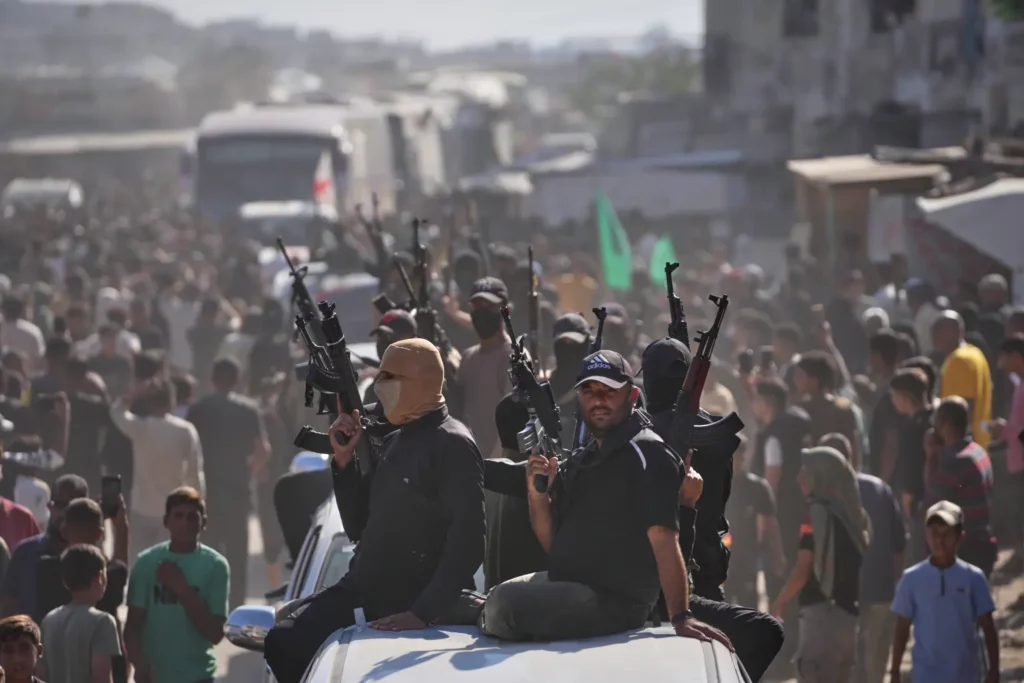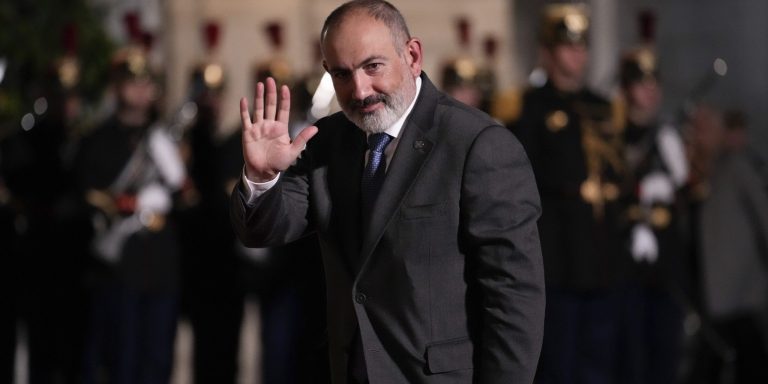Fatah Official Abdallah Kamil: Hamas Has Emerged From The Tunnels Only To Crack Down On Its Own People; Gaza Is The Only War Where The Fighters Hide Underground While The Population Remains Above, Suffers The Casualties
In an October 11, 2025 show on Palestine TV, Abdallah Kamil of the Fatah Revolutionary Council reacted to Hamas’s crackdown on suspected “collaborators” following the ceasefire in the Gaza Strip. He slammed Hamas for spending the war below ground in tunnels while the population remained above ground, saying that the Gaza Strip was the only place where civilians were above ground and the army was underground during a war. Kamil said that during the war in Beirut, under Yasser Arafat’s instructions, the fighters remained above ground while civilians stayed in underground shelters – which is why most casualties were among the fighters. He added that now, after the ceasefire, Hamas has emerged from underground only to turn on its own people.
Abdallah Kamil: “Where were [Hamas]? In bomb shelters, in the tunnels.
[…]
“Never in my life have I heard about a war in which the army was below ground, while the people were above the ground, except for the Gaza Strip. We heard about the Battle of Stalingrad. The entire Russian army was above ground, and the people were below ground.
“Let me tell you something. During the Beirut War, Yasser Arafat gave clear instructions. There was a bomb shelter in every building. This is the reason that the overwhelming majority of the martyrs were from among the Palestinian fighters in Beirut – because they were the ones above ground, and the people were below ground.
“The people [in Gaza] were above ground, and they were hit. Their homes, schools, mosques, universities – everything is gone, as a result of this adventure.
[…]
“You emerged from under the ground only to turn on your people? The people have sacrificed more than 70,000 martyrs. Do they need these scenes? This is a disgrace.”




